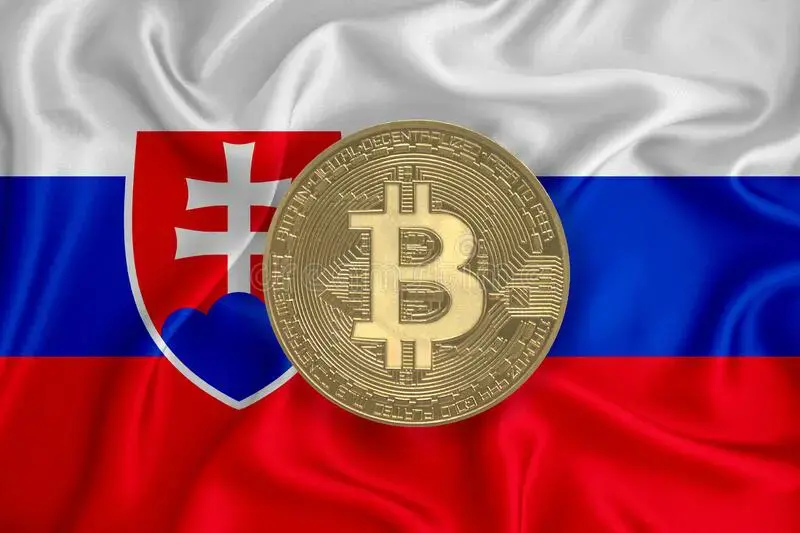Slovakia as the newest crypto paradise?

Can Slovakia establish itself as the newest crypto paradise? The country’s parliament significantly lowers the legal taxes payable on cryptocurrencies. Just JST +5.64% a few weeks ago, the country’s politicians opposed the European Union’s pro-CBDC efforts with a new law.
Slovakia as the newest crypto paradise?
Will Slovakia become the new crypto paradise? State politicians apparently aim to position their country better in the future. It was only on June 15 that the Slovakian state passed a new law that made cash the officially recognized means of payment.
The aim of the legislation was to prevent cash from disappearing from everyday life in the near future. Slovakia has used the euro as its official currency since 2009. The republic apparently regards developments within the European Union as undesirable.
The EU is working on its own CBDC. The digital euro is to be introduced in the next few years. While Union leaders view this development as a positive for technological development, critics disagree.
Critics suspect that a digital central bank currency could create dystopian conditions by increasing the power of states too much. Large parts of the crypto scene agree with this view.
Slovak parliament cuts taxes on cryptocurrencies
When it comes to cryptocurrencies and CBDCs, Slovakia seems to be siding with Bitcoin BTC -4.10% and Co. The Slovakian parliament recently voted to lower taxes on cryptocurrencies.
Traders who hold their cryptocurrencies for at least a year will only have to pay 7 percent in taxes on their cryptos after the law goes into effect. Previously, the tax rate was 19 to 25 percent.
In addition, there is an annual allowance of 2,400 euros. The 7% tax only applies to profits made above that level. People who earn their income in cryptocurrencies do not have to pay 14 percent health insurance. This fee is completely waived.
The system is reminiscent of the crypto taxes that are due in Germany. Here, however, investors are able to legally waive all taxes. All they have to do is observe a holding period of 365 days.
The Slovakian Ministry of Finance estimates that the new law will result in 30 million euros less income than before. In the long term, Slovakia could strive for popularization as a location for the crypto industry. However, the laws that have been enacted so far are unlikely to be sufficient for this.



